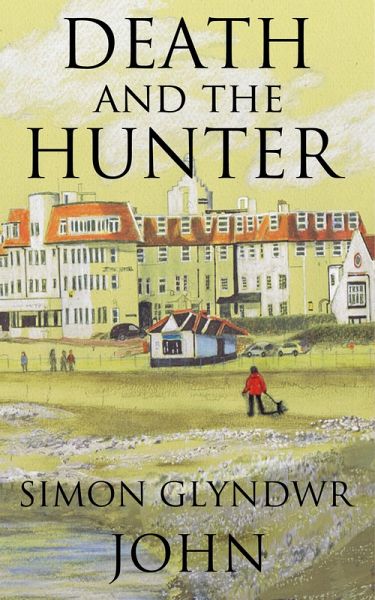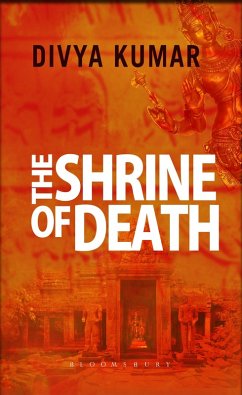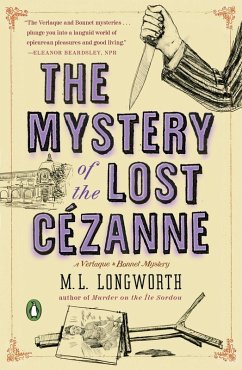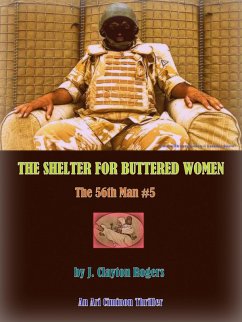
Death and The Hunter (eBook, ePUB)

PAYBACK Punkte
0 °P sammeln!
In the autumn of 1961 the Cold War between the West and the Soviet Union is at one of its highs following the building of the Berlin Wall in August. A Soviet submarine was seen on the surface of the sea, off the coast of Wales. A week after that the submarine sighting a on a Sunday morning a man's body washes up on a beach beside Portlava, a Welsh industrial town. The local police have sent many of its officers out to the Welsh capital to marshal marches being held there to protest against the possibility of war. Sergeant Owen Jones, on his day off, is the only available officer to investigate...
In the autumn of 1961 the Cold War between the West and the Soviet Union is at one of its highs following the building of the Berlin Wall in August. A Soviet submarine was seen on the surface of the sea, off the coast of Wales. A week after that the submarine sighting a on a Sunday morning a man's body washes up on a beach beside Portlava, a Welsh industrial town. The local police have sent many of its officers out to the Welsh capital to marshal marches being held there to protest against the possibility of war. Sergeant Owen Jones, on his day off, is the only available officer to investigate the body something he is happy to do as it gets him away from household chores. The body's only means of identification are a gold pocket watch and a wallet containing pound notes. Owen served in the Royal Navy during the Second World War recognises the man drowned, the local pathologist agrees. Owen suspects the body washed up on the Portlava Bay's previous night's high tide; the bay has a drop of twenty feet so the incoming tidal bore is powerful. A village, Worms, at the Bay's entrance is a half mile away from the beach is where Owen decides to begin his journey of discovery. Worms is where the tide enters the Bay but it is also the Saturday night destination for the young from miles around the area to congregate. The young congregate to chase the opposite sex in the village's pubs, cafes and pubs with the evenings in Worms often ending in violence. The village provides the first outline to the identity of the dead man. As Owen progress towards a complete portrait and understanding of the dead man: he travels beyond Portlava's environments; back into the impact of the Second World War on both people and valuable articles and tensions between different sports. Whilst Owen's skirmishes with his senior police officers is expected Owen and his wife have a more demanding battle - the one with their teenage daughter.
Dieser Download kann aus rechtlichen Gründen nur mit Rechnungsadresse in A, B, CY, CZ, D, DK, EW, E, FIN, F, GR, H, IRL, I, LT, L, LR, M, NL, PL, P, R, S, SLO, SK ausgeliefert werden.













